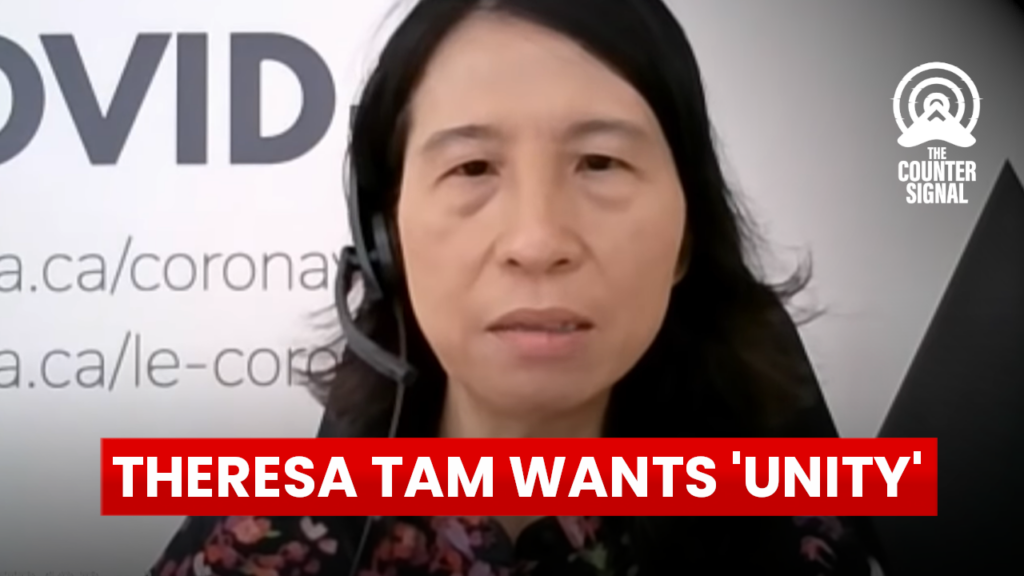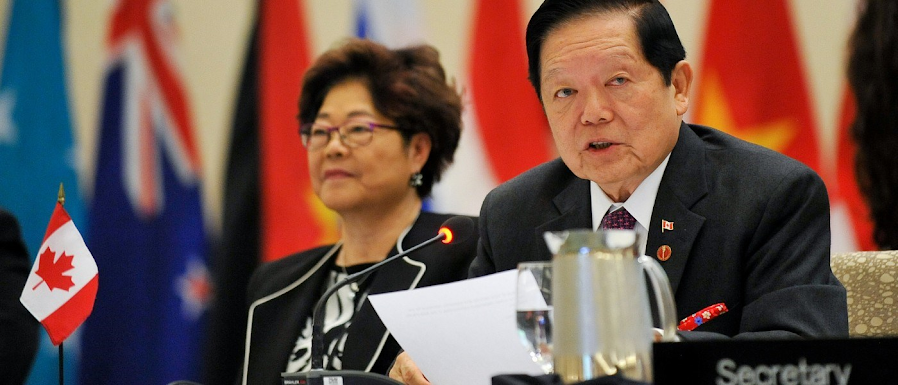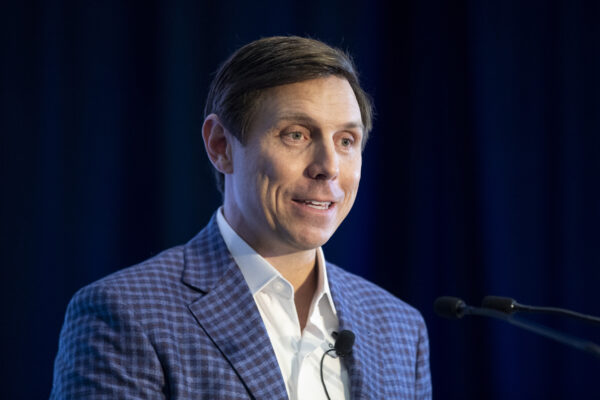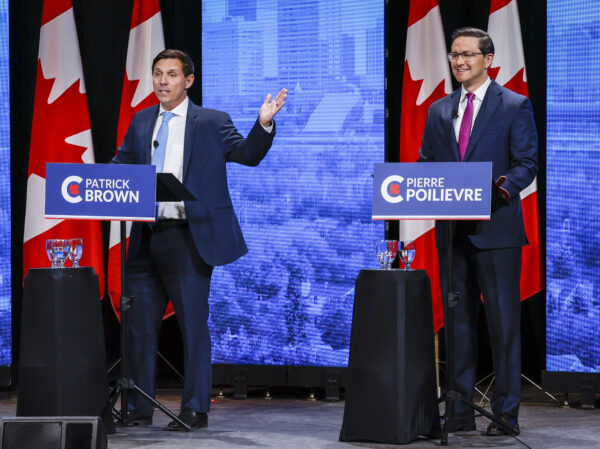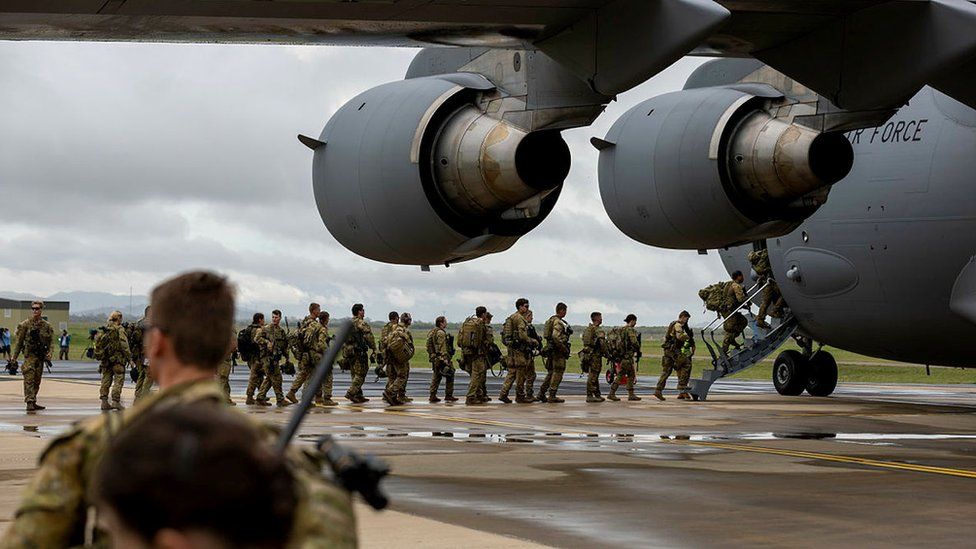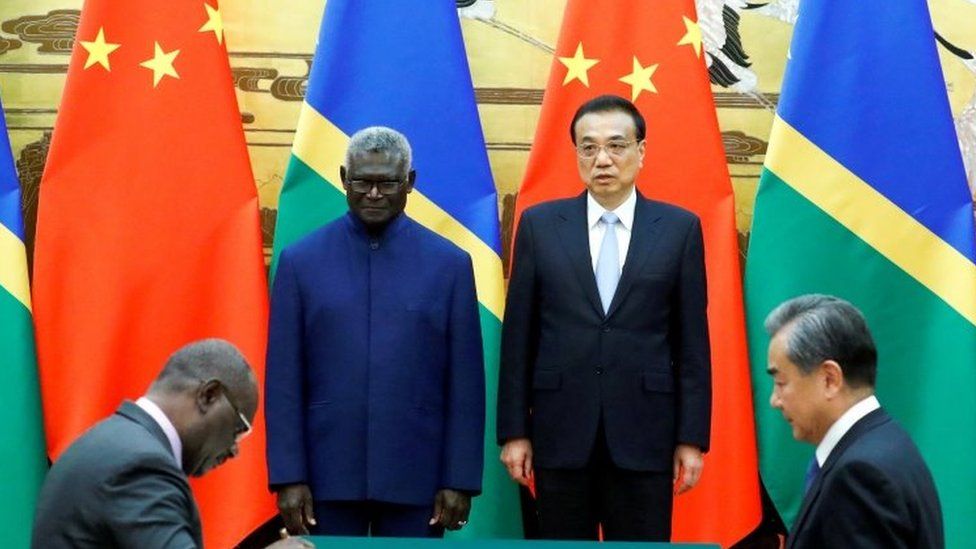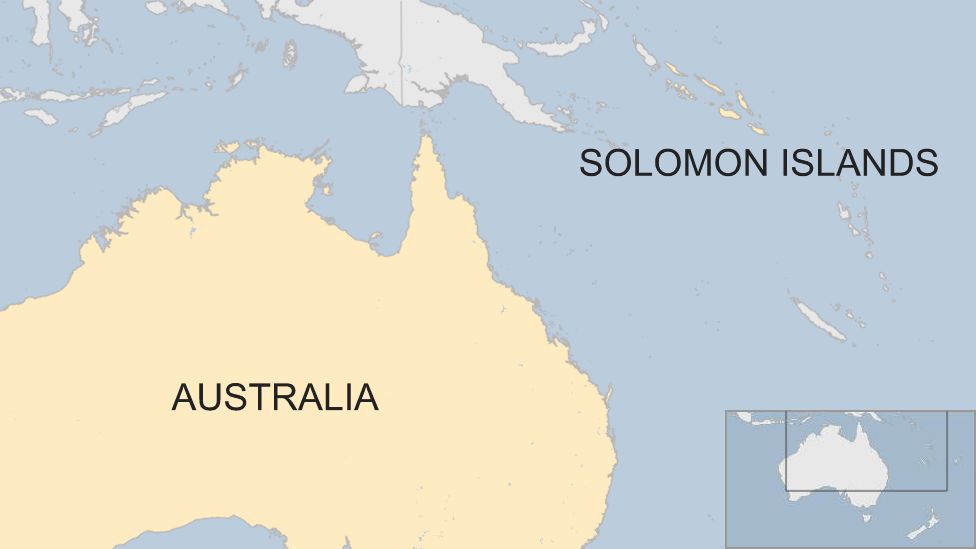World Health Organization elects China to Executive Board with zero objections from developed countries
'This is the regime that crushed those in Wuhan like Dr. Li Wenliang who courageously tried to warn the world about the coronavirus,' Neuer wrote on Twitter.

The World Health Organization’s Executive Board has elected China with zero objections from any developed nations, despite the role it played in obfuscating investigations into the origins of the COVID-19 coronavirus.
Reporting for watchdog organization UN Watch, Hillel Neuer reported that the “regime that crushed” warnings from whistleblowers who warned of the COVID-19 pandemic ahead of its global outbreak in late 2019 and early 2020 was elected without any objections to the WHO’s Executive Board late last week.
“This is the regime that crushed those in Wuhan like Dr. Li Wenliang who courageously tried to warn the world about the coronavirus,” Neuer wrote on Twitter.
He noted that “not a single democracy spoke out to object.”
Newsmax reports that Dr. Li Wenliang was a Wuhan-based doctor who was squelched by the Chinese Communist Party after he tried to warn the world of the initial reports of a SARS-like virus later identified as COVID-19. The 34-year-old doctor died of the disease in February 2020.
https://twitter.com/HillelNeuer/status/1530206001688870921
https://twitter.com/HillelNeuer/status/1530215669324730368
As detailed by Rebel News in 2020, former president Donald Trump pulled the United States out of the WHO, then-severing the country’s longstanding ties to the United Nations organization.
The move was made, at the time, due to the WHO’s questionable handling of the coronavirus pandemic and its collusion with the Chinese Communist Party. Trump announced, at the time, that the United States would be rescinding its annual $450 million funding of the group, to be redirected to other organizations that can better address global health needs.
However, the move was retracted following the election of Joe Biden, who renewed America’s support for the WHO in January 2021.
As detailed in March, the Biden administration continued to have misgivings about the WHO, criticizing its lack of transparency in its report investigating the origins of COVID-19. The report faced heavy condemnation due to China’s extensive input in its content and language.
“The World Health Organization has lost all credibility,” the Spectator's Ross Clark wrote Saturday following the WHO’s decision to elect China.
“Let's be honest: Is there anyone out there who has faith in the ability of the World Health Organization (WHO) to tackle a future pandemic? Any lingering hope that the WHO might be an organization fit to be trusted with global heath concerns has pretty well evaporated with the election, by acclamation, of China as one of the 12 members of its executive board on Friday,” he wrote.
"America and Canada apart, [the WHO] is stuffed with small countries, many with lousy human rights records, which will not dare to challenge China or which will not have the political clout to do so,” Clark stated. “The prospects for future pandemics do not look good.”


